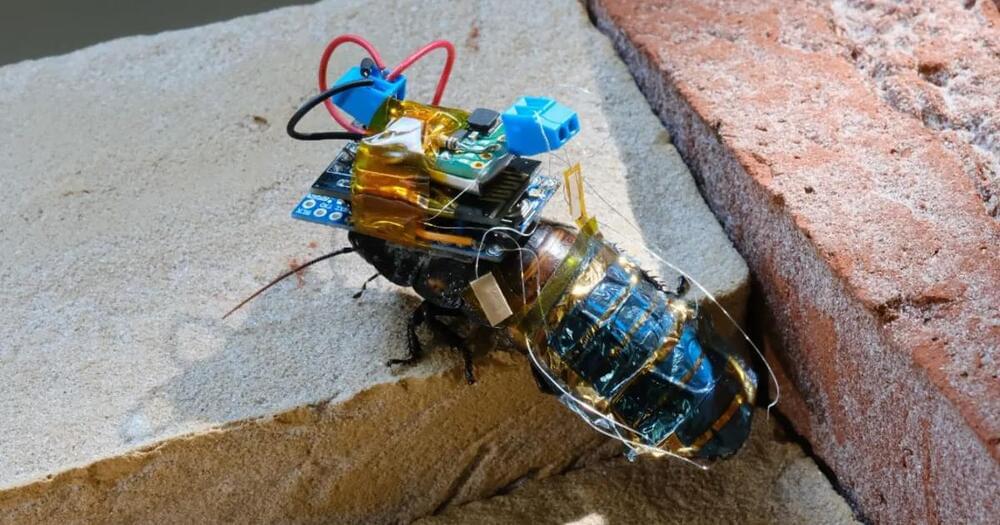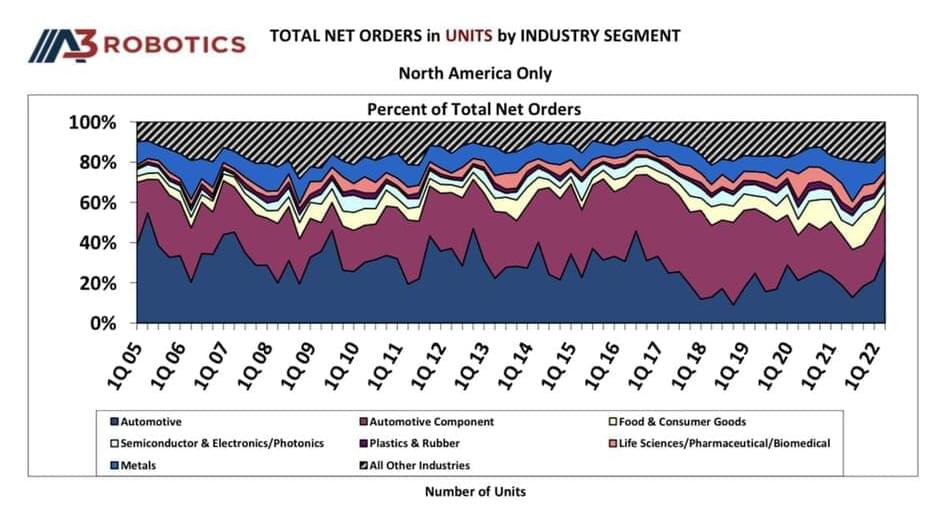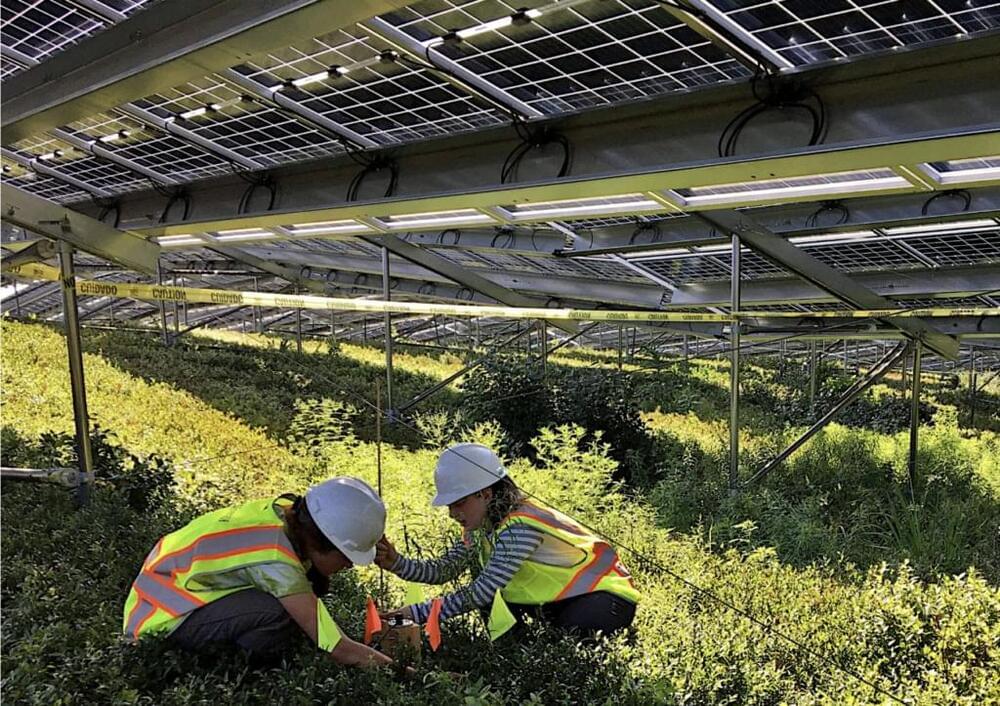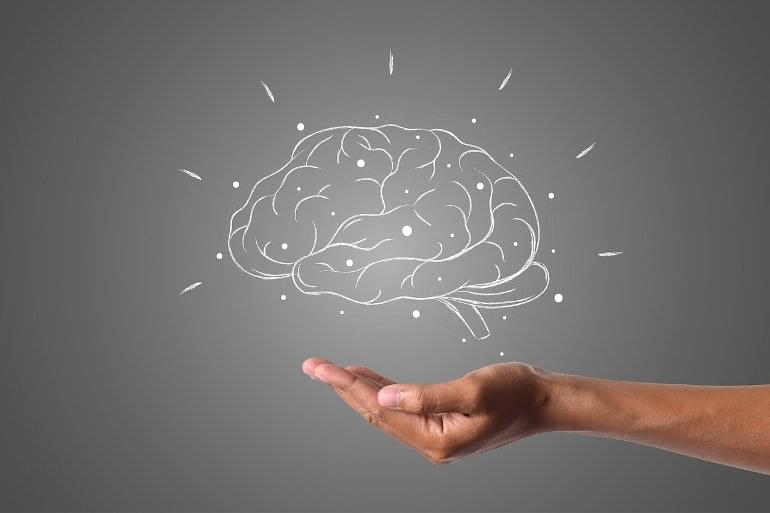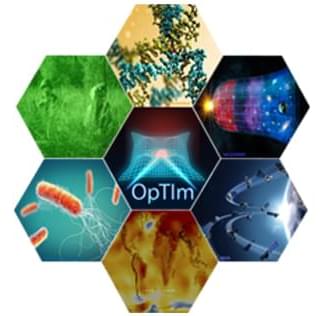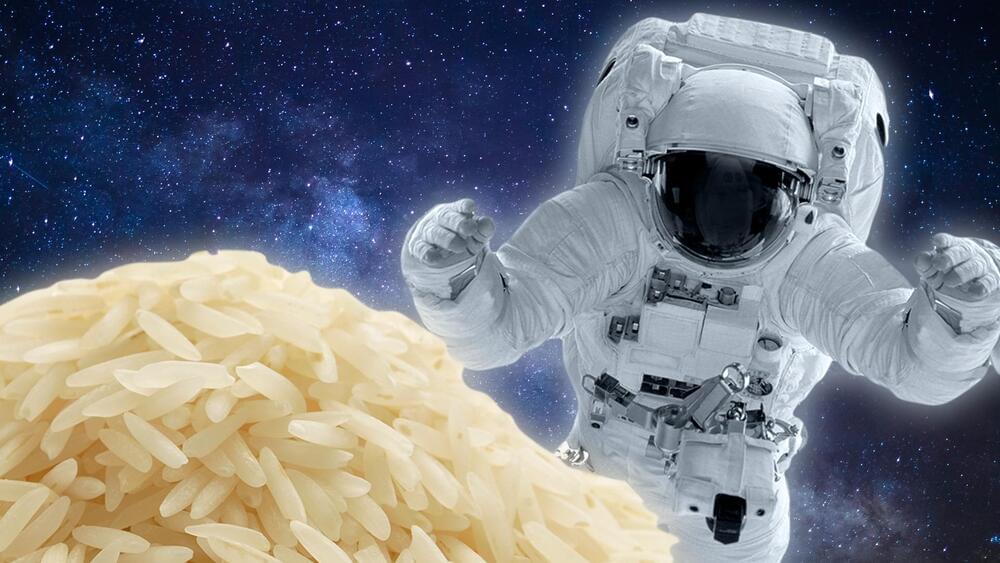The infrared (IR) spectrum is a vast information landscape that modern IR detectors tap into for diverse applications such as night vision, biochemical spectroscopy, microelectronics design, and climate science. But modern sensors used in these practical areas lack spectral selectivity and must filter out noise, limiting their performance. Advanced IR sensors can achieve ultrasensitive, single-photon level detection, but these sensors must be cryogenically cooled to 4 K (−269 C) and require large, bulky power sources making them too expensive and impractical for everyday Department of Defense or commercial use.
DARPA’s Optomechanical Thermal Imaging (OpTIm) program aims to develop novel, compact, and room-temperature IR sensors with quantum-level performance – bridging the performance gap between limited capability uncooled thermal detectors and high-performance cryogenically cooled photodetectors.
“If researchers can meet the program’s metrics, we will enable IR detection with orders-of-magnitude improvements in sensitivity, spectral control, and response time over current room-temperature IR devices,” said Mukund Vengalattore, OpTIm program manager in DARPA’s Defense Sciences Office. “Achieving quantum-level sensitivity in room-temperature, compact IR sensors would transform battlefield surveillance, night vision, and terrestrial and space imaging. It would also enable a host of commercial applications including infrared spectroscopy for non-invasive cancer diagnosis, highly accurate and immediate pathogen detection from a person’s breath or in the air, and pre-disease detection of threats to agriculture and foliage health.”
